
Chinese Teen Invents Wearable Forget-Me-Not for Grandma
A young Chinese prodigy determined to help his grandmother with Alzheimer’s invented an AI mini-computer to help her recognize family members and find the way home.

A young Chinese prodigy determined to help his grandmother with Alzheimer’s invented an AI mini-computer to help her recognize family members and find the way home.

Nanodevices are the newest weapon in medicine’s growing arsenal to fight Alzheimer’s. They capture dangerous peptides before they can assemble to form Alzheimer’s plaques in the brain.
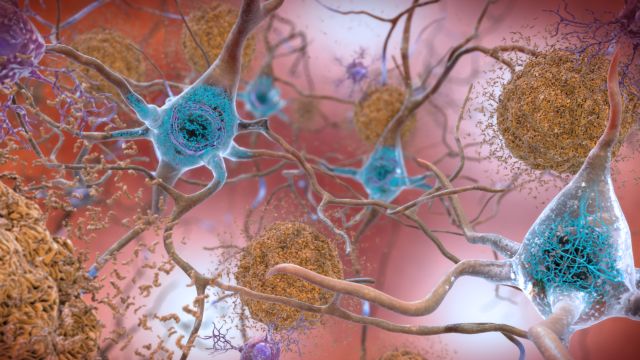
Research shows that lecanemab is the first drug ever to slow cognitive decline in Alzheimer’s. Learn more.

A certain protein in the blood can be used to predict the eventual appearance of Alzheimer’s. Will this allow for early intervention?

Eli Lilly Company’s TRAILBLAZER-ALZ 2 Phase 3 study shows that donanemab significantly slowed cognitive and functional decline in people with early symptomatic Alzheimer’s disease. Learn more.
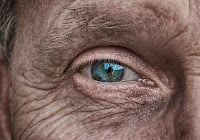
A new form of Omega-3 has successfully increased DHA in the retina and reduced eye problems associated with Alzheimer’s-like processes.

The AlzoSure® Blood Test can catch Alzheimer’s two years before symptoms appear. Its development could not be more timely. With FDA approval of lecanemab for Alzheimer’s, this accurate and economical screening tool will dramatically assist patients most likely to benefit from early treatment.
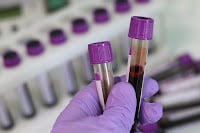
BREAKTHROUGH: Researchers have developed a blood test that can predict the risk of future cognitive decline and Alzheimer’s. The test checks levels of a fragment

DIAGNOSIS: A highly sensitive blood test has reached the market that can identify whether it is likely a patient has amyloid plaques in the brain,
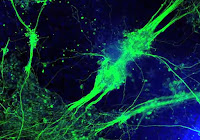
PROGRESS: ApoE4 is the best known “Alzheimer’s Gene”. Gladstone Institute scientists successfully changed the gene’s structure. This eliminated certain signs of Alzheimer’s, restored normal cell

The co-founder of a caregivers’ organization introduces technology he has found helpful in caring for his grandmother with dementia.
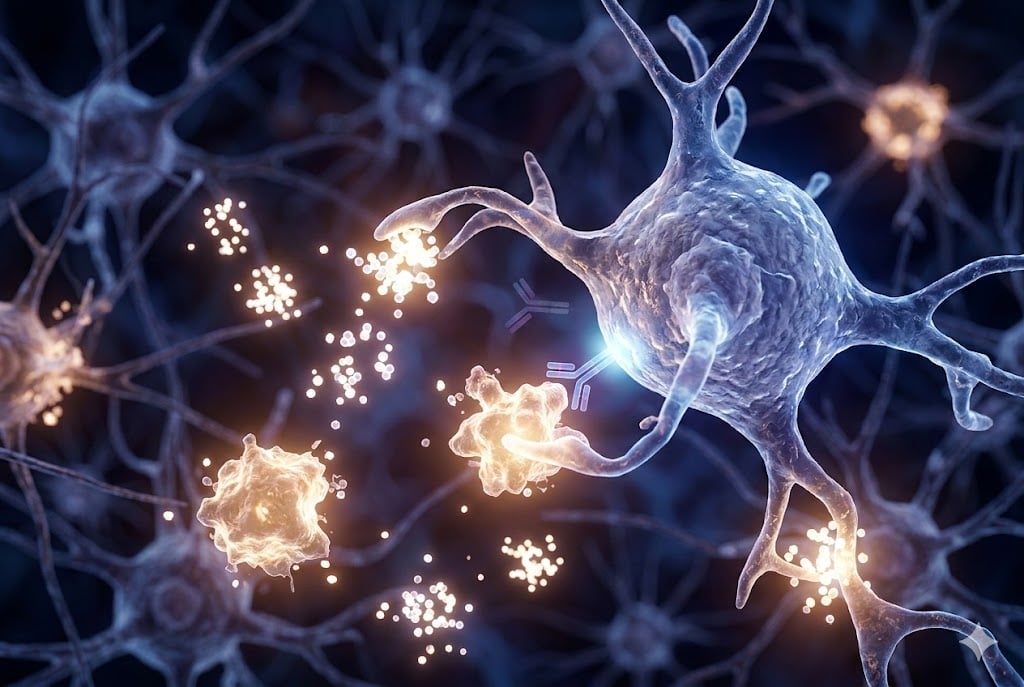
New research reveals that Leqembi’s Fc region switches on microglia — the brain’s immune cells — helping them clear toxic amyloid. Here’s why that mechanism matters for treatment and safety.

People with dementia are enjoying yoga and dance classes at the Alzheimer’s Association. See why caregivers find the classes “EXTREMELY helpful.”

Bringing art and creativity into elder care settings helps families reconnect with loved ones who have dementia. In this moving talk, Anne Bastings shares how.

When a hurricane hits Florida — or anywhere that has a very large population of people with dementia, there are special preparations that should be made by those living with dementia. Check these dementia-in-a-storm readiness lists.

In gardening, people with Alzheimer’s grow fresh plants along with better thinking. It’s a pleasant way to make things easier.

The co-founder of a caregivers’ organization introduces technology he has found helpful in caring for his grandmother with dementia.
No spam, only news and updates.


